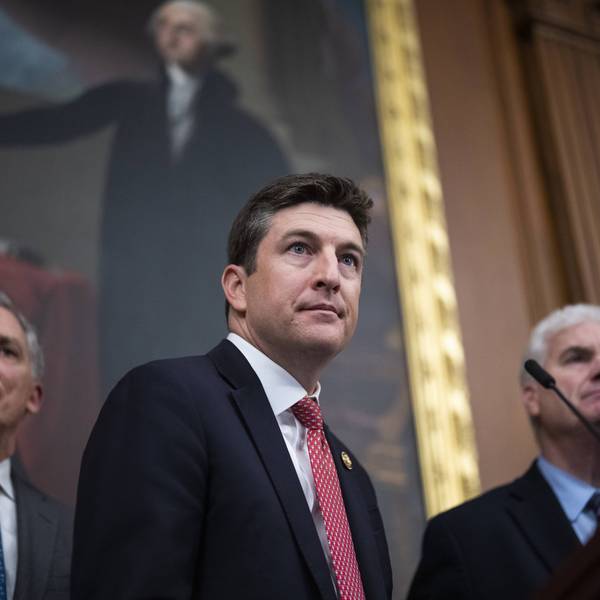With Alabama's three highest courts failing to reflect its racial diversity, the state now faces a federal lawsuit alleging a violation of the Voting Rights Act.
The case (pdf), filed in federal court Wednesday in Montgomery, "makes clear that voting discrimination is alive and well across the state of Alabama," said Kristen Clarke, president and executive director of the Lawyers' Committee for Civil Rights Under Law (Lawyers' Committee).
The Lawyers' Committee filed the suit on behalf of the Alabama State Conference of the NAACP and four individual black voters.
No African-American has won election to the Alabama Supreme Court, the Court of Criminal Appeals, or the Court of Civil Appeals in over 21 years, and no African-American has served on those courts for the past 15 years, Clarke said in a press call.
"This result is attributable to the method of election used in Alabama," she said, referring to the at-large voting system, which, her organization charges, allows black-preferred candidates to be shut out and has created a situation in which all 19 of those judges are white.
The suit states that the election method "unlawfully dilutes the voting strength of African-Americans," who make up roughly 25 percent of the state's voting age population, "and prevents them from electing candidates of their choice." It adds:
Voting in Alabama is racially polarized; white voters as a group and African-American voters as a group consistently prefer different candidates. As a result, the at-large method of election deprives one-quarter of the State's voting-age population of the chance to elect judges of their choice to any of the nineteen seats on the three courts.
"Jurors are supposed to represent all of the adult population, yet the State uses a system of electing appellate judges that insures those judges come from only part of the population," said Edward Still, an Alabama civil rights attorney, in a media statement.
District elections, rather than at-large voting, Clarke said, would provide African-Americans "the opportunity to elect judges of their choice and would reflect the racial diversity of the state."
Added Michael Keats of the firm Stroock & Stroock & Lavan, which is providing counsel: "The right to vote is the right from which all other rights flow. That right to vote takes on a special significance in electing the judges and justices who define our legal rights and obligations, who adjudicate our guilt and innocence. A judiciary elected through a racially-discriminatory system like Alabama's, deprives African-Americans of their own voice in the administration of justice. That is illegal and this lawsuit will end that discriminatory system."



